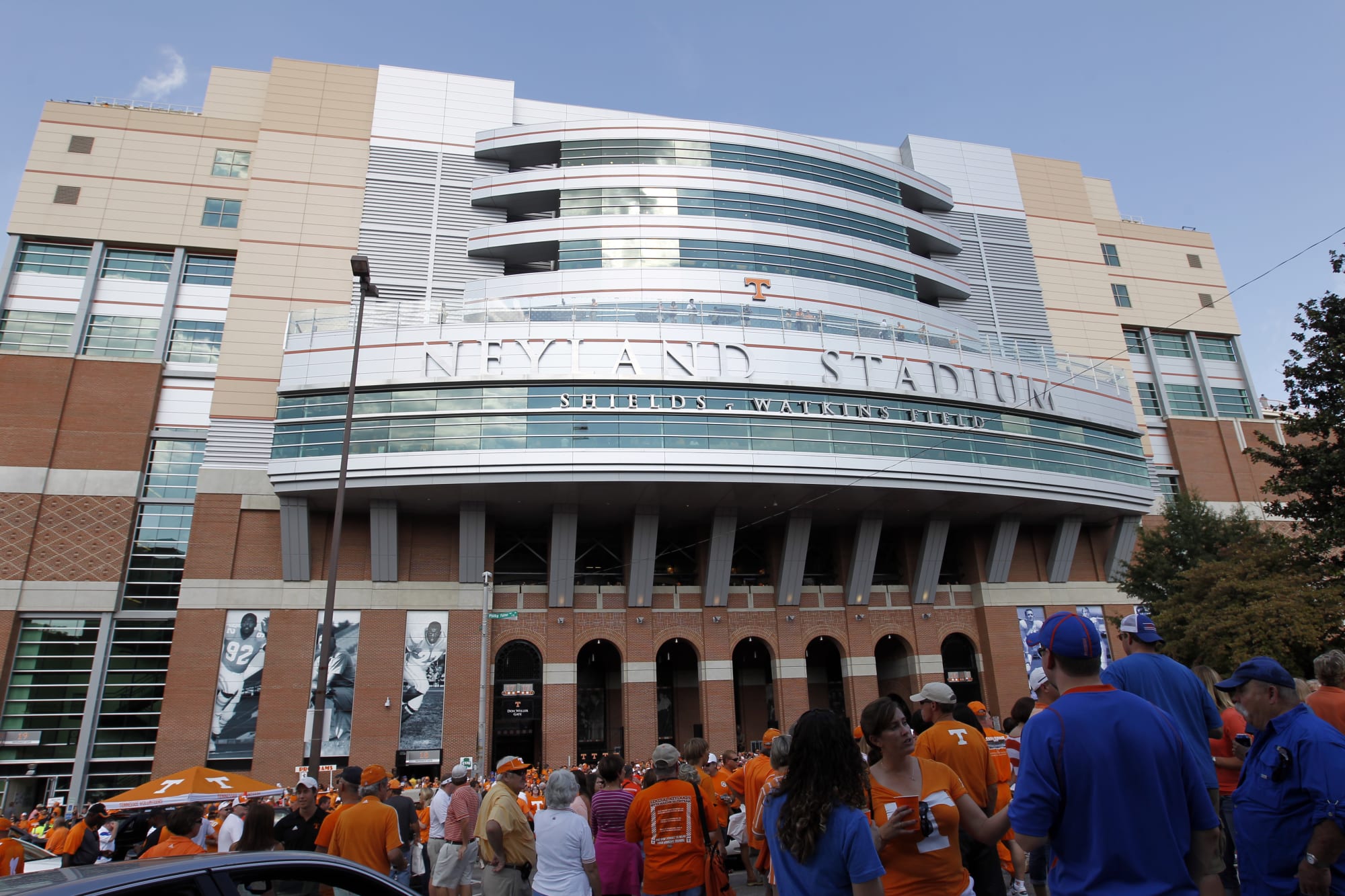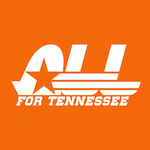I posted this in another thread, but figured it might warrant its own. I've been slightly involved in some NIL stuff and have given a lot of thought around how the NCAA should have approached it. I think the following is the best outcome for all "student-athletes". Granted this might be ruled against by the courts, but let's pretend it wouldn't be.
Under my proposed NIL rules, all student athletes are eligible to earn compensation through use of their NIL through participation in a NCAA-wide players association. Under the association, players can earn compensation in the following ways:
Revenue streams outside of these options might be allowed but only up to a certain amount, otherwise the student athlete would lose their amateur status and not be eligible to continue participating in collegiate sports. All this being said, I do believe that there should be viable options for athletes to go "professional" right from high school - which would remove the athletes who have no interest in the academic part of being a student athlete.
For basketball, the NBA should expand the draft and allow high school players to enter their names (bypassing college) with placement on G League teams if they're not ready for the NBA team. For football, why can't NFL teams adopt an academy model where drafted high school players can enter into something similar to Overtime Elite. They could begin training, learning playbooks, etc. until the NFL team thinks they are ready. I wouldn't imagine this would be lucrative, but it could be an avenue for certain players.
Thoughts on the above?
Under my proposed NIL rules, all student athletes are eligible to earn compensation through use of their NIL through participation in a NCAA-wide players association. Under the association, players can earn compensation in the following ways:
- Revenue share for all officially licensed jerseys and apparel featuring said athlete (percentage negotiated by the players association)
- Direct compensation from the university to the athlete for use on athletics department advertising (if they are on an ad, they get reasonable comp. if they are not featured on an ad, they get nothing)
- Revenue share for officially licensed video games featuring said athlete (EA NCAA Football, NCAA March Madness, etc.)
Revenue streams outside of these options might be allowed but only up to a certain amount, otherwise the student athlete would lose their amateur status and not be eligible to continue participating in collegiate sports. All this being said, I do believe that there should be viable options for athletes to go "professional" right from high school - which would remove the athletes who have no interest in the academic part of being a student athlete.
For basketball, the NBA should expand the draft and allow high school players to enter their names (bypassing college) with placement on G League teams if they're not ready for the NBA team. For football, why can't NFL teams adopt an academy model where drafted high school players can enter into something similar to Overtime Elite. They could begin training, learning playbooks, etc. until the NFL team thinks they are ready. I wouldn't imagine this would be lucrative, but it could be an avenue for certain players.
Thoughts on the above?



